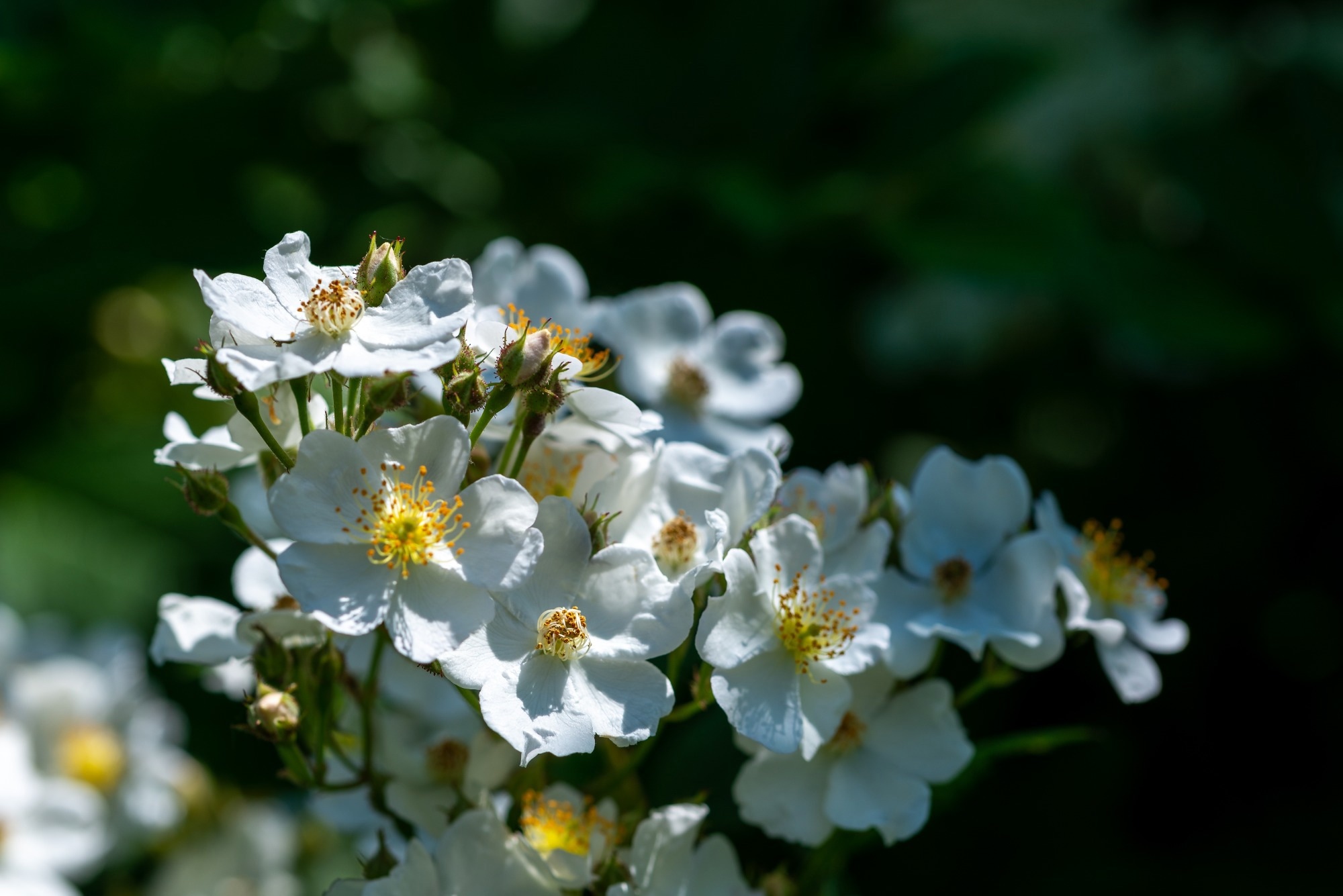Multiflora rose, despite its deceptive name, poses a threat to native plants in over 40 states, including West Virginia and neighboring Pennsylvania. To combat this invasive species, West Virginia University researchers have received a $175,000 grant from the Richard King Mellon Foundation. They are leveraging their expertise in drones to develop tools for detecting, mapping, treating, and monitoring invasive species like multiflora rose.
 Image Credit: SuperZiemia / Shutterstock
Image Credit: SuperZiemia / Shutterstock
The project involves equipping drones with sensors to collect environmental data in a specific area of southwestern Pennsylvania over multiple seasons. By combining the collected data with machine learning technology, the research team aims to create software capable of identifying multiflora rose and other invasive species. This software could then be utilized to deliver targeted herbicide treatments using drones.
Walter Veselka, grants administrator for the Natural Resource Analysis Center (NRAC), expressed optimism about merging precision agriculture and machine learning technologies for the benefit of West Virginia, Pennsylvania, and the Appalachian region as a whole. The project holds potential economic advantages, including reducing herbicide usage and costs for municipalities, utility companies, and conservation groups while promoting the flourishing of native species. Additionally, using drones for herbicide delivery improves safety in challenging areas that are otherwise accessible only on foot.
NRAC Director Paul Kinder emphasized the importance of developing practical and cost-effective tools and technologies. The project also provides valuable educational opportunities for student researchers like Donn Bartram, who is pursuing his master's degree in energy environments at Davis College. Bartram praised the real-world experience gained through participating in the project.
This initiative builds upon NRAC's ongoing drone-based research, conducted in collaboration with the U.S. Office of Surface Mine Reclamation and Enforcement, focusing on autumn olive, another prevalent invasive species in West Virginia that hampers reclamation efforts.
Kinder expressed gratitude for the Richard King Mellon Foundation's support in expanding their work. The Foundation, established in 1947, is the largest foundation in southwestern Pennsylvania and supports projects promoting regional prosperity and nationwide environmental conservation.
Sam Reiman, director of the Richard King Mellon Foundation, highlighted the Foundation's commitment to addressing invasive species by funding innovative initiatives like WVU's drone and machine learning approach.
To facilitate success, WVU is collaborating with two private partners. CNX, a natural gas company, is providing reclaimed mine land for the project, while Resource Environmental Solutions, an ecological restoration company, offers technical assistance in herbicide selection and deployment.
While the bulk of data collection and analysis for multiflora rose will commence during the 2024 spring growing season, NRAC's researchers are already leveraging their autumn olive data to extract insights regarding multiflora rose.
Kinder hopes to secure additional funding to explore other plant species and related challenges, including invasive insects. His ultimate goal is to develop a guide or methodology that empowers farmers, land managers, and stakeholders to leverage modern technologies as they improve in quality and accessibility, facilitating adaptation and adjustment to climate change.
The grant from the Richard King Mellon Foundation was awarded through the WVU Foundation, a nonprofit organization responsible for receiving and administering private donations on behalf of the University.